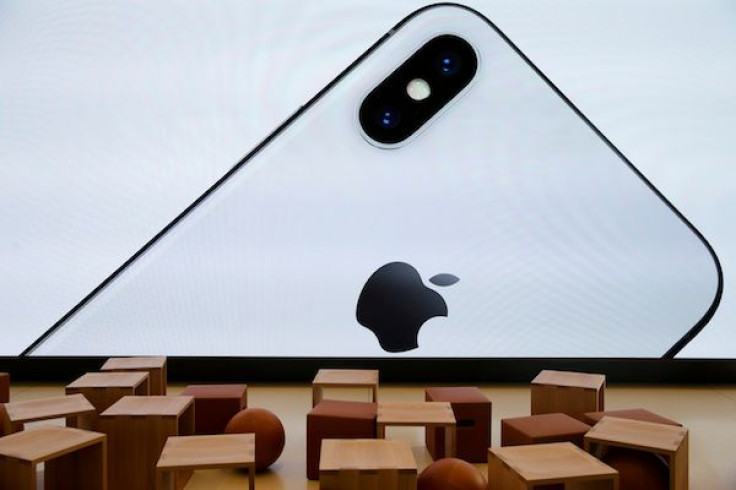Apple iPhone X 3D Sensing Technology To Be Adopted By Rival Companies

With the strong demand for iPhone X, a Taiwanese supplier is predicting that the Cupertino giant’s rivals will also adopt the 3D sensing technology Apple used on the 10th anniversary iPhone to their flagship handsets. The supplier is even predicting a rise in the demand for 3D sensing modules in the next 5 to 8 years.
On Tuesday, DigiTimes reported that the chairman and CEO of digital camera and imaging solution supplier Altek, Alex Hsia, is expecting strong demand for 3D sensing modules in the following years now that Apple has introduced Face ID with its iPhone X flagship phone. “The structure-light 3D sensing technology adopted by Apple’s iPhone X features high accuracy at short distances, and other first-tier smartphone vendors are expected to follow suit by launching 3D sensing-enabled devices,” Hsia said.
The CEO predicts that consumers will see more smartphones with 3D sensing technology starting next year. Because it is expecting strong demand for the technology, Altek is currently developing deep learning ICs (hardware) that will be capable of identifying images aside from processing images and videos. For now, the 3D sensing technology the company is offering comprises an active stereo camera solution, an active light source control and depth image algorithms.
Though Apple’s iPhone X is what’s causing a huge buzz over 3D sensing technology, it isn’t the first device to actually debut with this capability. Microsoft Kinect launched with 3D sensing in 2010. In the smartphone industry, it was HTC who first adopted the technology with its M8 handset three years ago. Huawei caught up with the advancement and introduced 3D sensing to its P9 smartphone in 2016. That same year, Apple released the iPhone 7 Plus, which also has 3D sensing capabilities.
It remains to be seen which smartphone makers are also adopting 3D sensing technology in the coming years. A new rumor is strongly suggesting that Apple’s biggest competitor, Samsung, could be one of them though. Pocket-lint reported back in October that the South Korea giant is believed to be preparing a facial recognition feature for its Galaxy S9 flagship device that’s scheduled for release early next year.
The publication learned from a notorious Samsung leaker (Twitter user @UniverseIce) that the Galaxy S9 will most likely come with a 3D sensing front camera. Samsung’s flagship phones for this year, the Galaxy S8 and Galaxy Note 8, already have iris scanning technology, so it is being speculated that the South Korean company could be one-upping Apple by adding 3D sensing technology as an extra layer of security to the Galaxy S9’s camera module.
If true, this could only mean that the smartphone industry is ditching the fingerprint scanning technology as the primary biometric system of handsets. Apple already ditched Touch ID on the iPhone X, so it’s only a matter of time until the fingerprint reader is no longer part of all iPhone models. If Samsung is to go down the same path with its Galaxy smartphones, it wouldn’t be surprising when other manufacturers follow suit.
© Copyright IBTimes 2024. All rights reserved.











